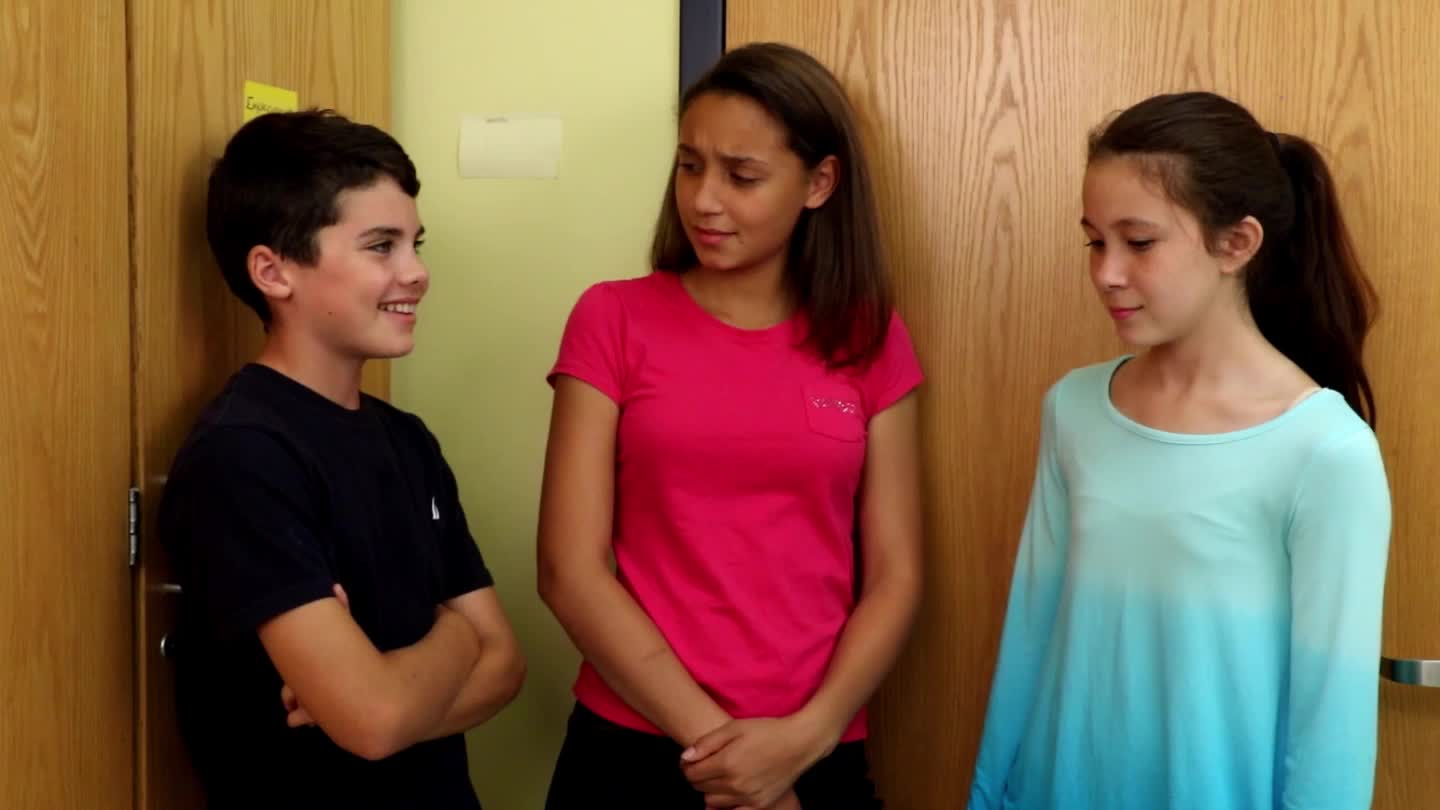Introduction
In special education, developing conversation-driving skills is crucial for Kindergarten students, as it significantly impacts their learning, social interactions, and overall wellbeing. This blog post aims to provide guidance on creating effective IEP goals for these essential skills.
Understanding Conversation-Driving Skills
Conversation-driving skills involve the ability to maintain and advance a conversation through comments, questions, or compliments. These skills enhance students’ learning experiences, promote positive social interactions, and contribute to their emotional wellbeing. Developing these skills enables students to engage in meaningful conversations and build strong relationships with their peers.
The Role of Specialists
Various specialists can support the development of conversation-driving skills in students, including:
- Speech-Language Pathologists: They can help students improve their communication abilities, including asking appropriate questions and making relevant comments.
- Social Workers: They can support students in understanding social norms and navigating social situations, which contribute to effective conversation-driving skills.
- Psychologists: They can assist students in addressing any emotional or behavioral challenges that may impede their ability to engage in conversations.
- School Counselors: They can provide guidance on developing social and emotional skills, which are vital for successful conversation-driving abilities.
IEP Goals for Conversation-Driving Skills
Here are some specific SMART IEP goals for improving conversation-driving skills in students:
- By the end of the school year, the student will demonstrate the ability to ask relevant questions in 80% of observed conversations during group activities.
- Within six months, the student will make appropriate comments to advance the conversation in 75% of observed interactions during lunch or recess.
- Over the next three months, the student will give compliments to peers in 70% of observed conversations during classroom activities.
Strategies and activities for implementing these goals may include role-playing, social stories, and guided practice in various social settings.
Implementing and Measuring Progress
To implement these IEP goals and measure progress, educators can:
- Collaborate with specialists to develop targeted interventions and support.
- Regularly observe and document students’ conversation-driving skills in different social situations.
- Communicate with parents and caregivers to gather feedback on students’ progress outside of school.
- Adjust goals and strategies as needed based on students’ progress and changing needs.
Conclusion
Developing effective IEP goals for conversation-driving skills is essential in supporting Kindergarten students’ learning, social interactions, and overall wellbeing. By collaborating with specialists and implementing targeted strategies, educators can make a significant impact on their students’ conversational abilities. To explore more resources, please visit Everyday Speech Sample Materials.






